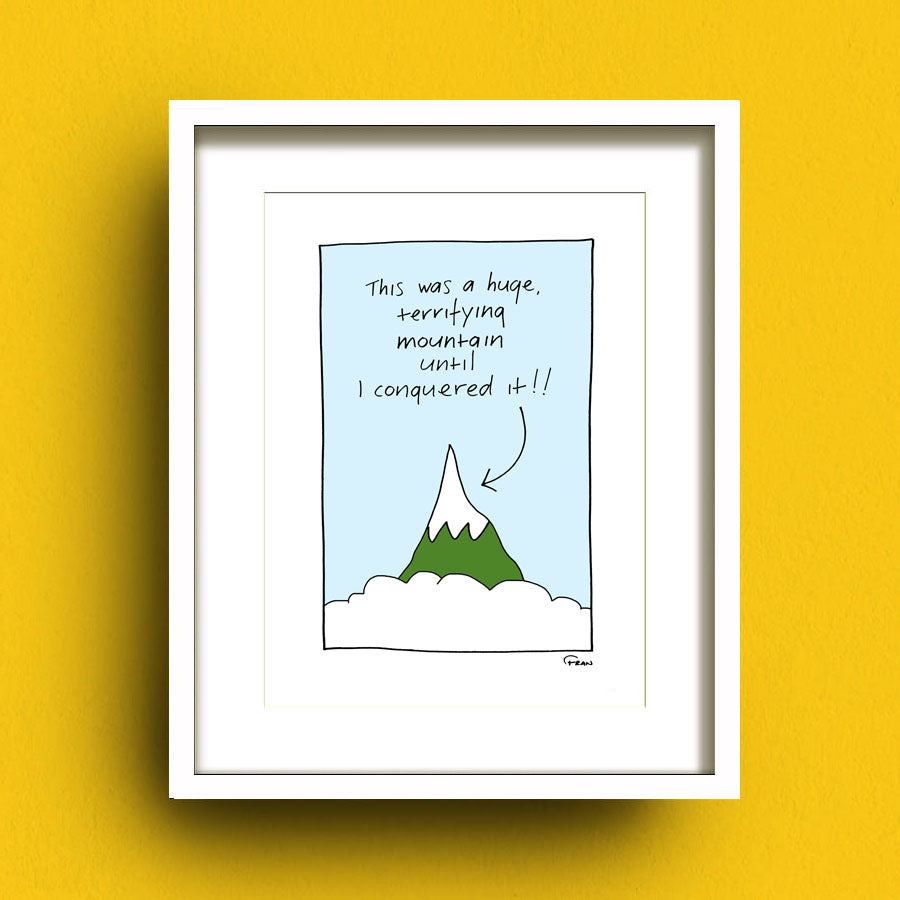The Transformative Power of Art on Mental Health

explore the profound connection between mental health and art. From self-expression to therapeutic benefits, art serves as a powerful tool in promoting well-being, healing, and self-discovery.
Art offers a unique and expressive outlet for individuals struggling with mental health challenges. Whether through painting, drawing, writing, or other creative forms, art allows us to communicate and process complex emotions that may be difficult to put into words.
Engaging in artistic activities promotes mindfulness and can serve as a form of meditation, helping to reduce stress, anxiety, and depression. It provides a safe space to explore and express emotions, leading to a greater sense of self-awareness and emotional healing.
Art also fosters self-acceptance and self-esteem. By embracing imperfections and embracing the creative process, individuals can develop a more positive self-image and enhance their self-confidence.
Moreover, art has the power to connect people and build supportive communities. Art therapy programs and group art activities provide opportunities for individuals to share their experiences, validate their emotions, and foster a sense of belonging and understanding.
Art has a transformative effect on mental health, offering a means of self-expression, healing, and personal growth. Whether as a form of therapy, a creative outlet, or a means of connecting with others, art plays a vital role in promoting well-being and enhancing our understanding of ourselves and the world around us. Let us embrace the healing power of art and its potential to nurture our mental health and overall sense of well-being.


Comments on this post (0)